Best known for The Lark Ascending, Ralph Vaughan Williams wrote nine symphonies, operas, film scores and was an avid collector of English folk songs.
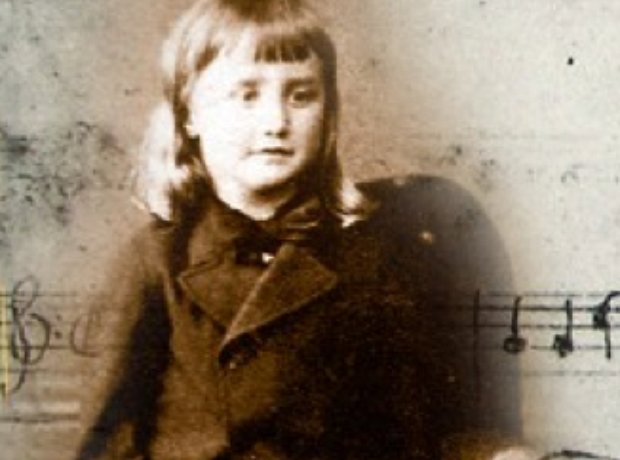
1. The young Ralph Vaughan Williams
Born in the village of Down Ampney, Gloucestershire, Ralph Vaughan Williams was related to Charles Darwin (Ralph's great-uncle) and the ceramics giant Josiah Wedgwood (his great-great-grandfather). Young Ralph studied piano and violin and collected traditional folk songs from an early age. These tunes went on to inspire many of his subsequent works.

2. At the Royal College of Music
Vaughan Williams studied at the Royal College of Music in London, pictured, alongside Gustav Holst and Leopold Stokowski. He also spent a short time continuing his studies in Berlin with Max Bruch.

3. A Pilgrim's Progress
The composer's father Arthur was ordained vicar of All Saints church in Down Ampney, pictured. Despite being agnostic, Vaughan Williams edited The English Hymnal in 1904, composed some stunning Christian choral music, and wrote an opera of The Pilgrim’s Progress.
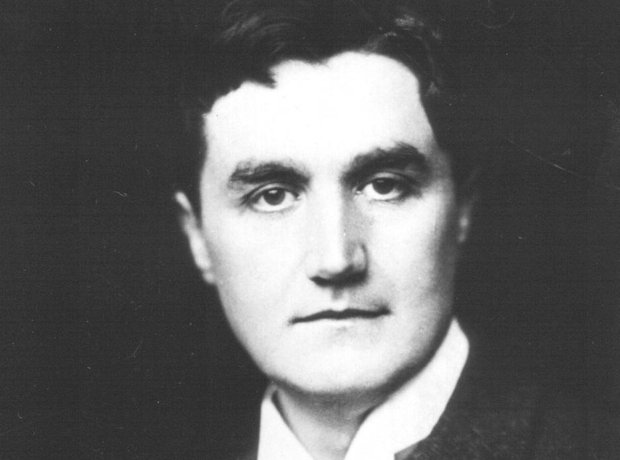
4. Vaughan Williams - A committed socialist
The composer never took his privileged background for granted and worked all his life for democratic and egalitarian ideals. He viewed music as being part of everyone’s everyday life, rather than being the preserve of an elite.
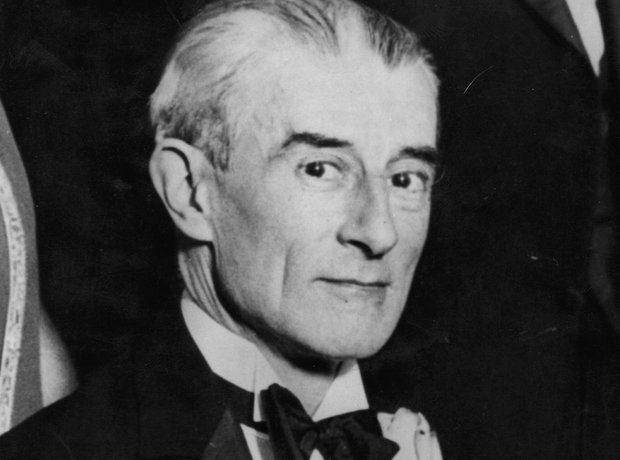
5. Influenced by Ravel
In 1907-1908, Vaughan Wiliams studied orchestration in Paris with Ravel. It inspired one of his most fruitful periods of composition. 1910 saw the premieres of his A Sea Symphony and the Fantasia on a Theme of Thomas Tallis.

6. Fantasia on a Theme of Thomas Tallis
The theme from Fantasia on a Theme of Thomas Tallis, pictured, was discovered by Vaughan Williams when he was commissioned to put together the 1906 edition of the English Hymnal. His orchestration of it resulted in an unmistakably British sound and has remained one of his most popular pieces.

7. The Lark Ascending
Vaughan Williams’ most popular piece, The Lark Ascending, was written in 1914 but the outbreak of World War I meant he had to put its premiere on hold. It was given in 1921 by the violinist Marie Hall – the woman for whom Vaughan Williams had written it.
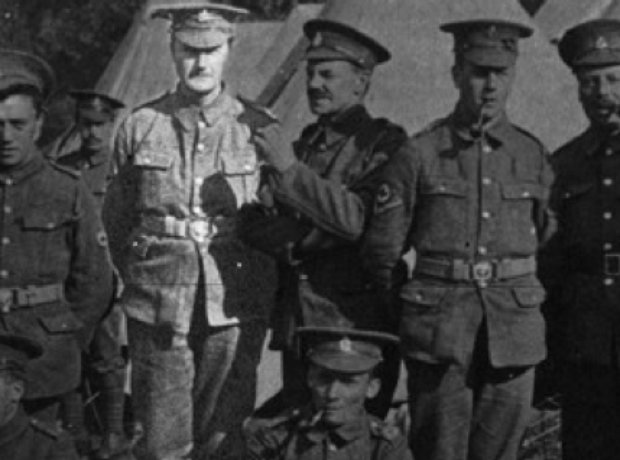
8. Vaughan Williams at war
Aged 41 when World War I began, Vaughan Williams served in France and Salonika. Prolonged exposure to gunfire began a process of hearing loss that eventually caused severe deafness in his old age.
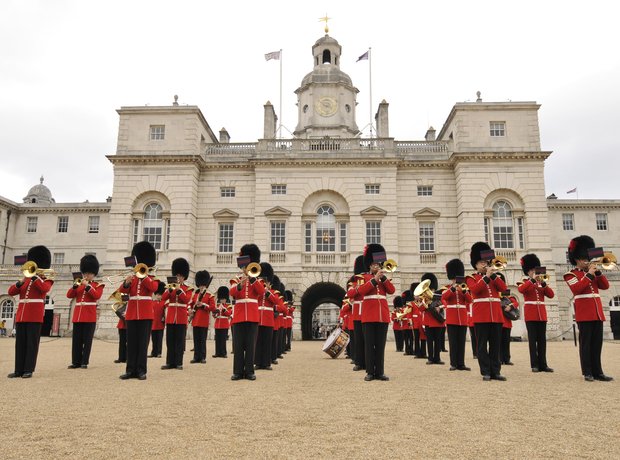
9. English Folk Songs Suite
Vaughan Williams was rather sentimental about military bands which he recognized as being crucially important to the UK’s cultural and community life. So in 1923 he composed English Folk Songs Suite for them.
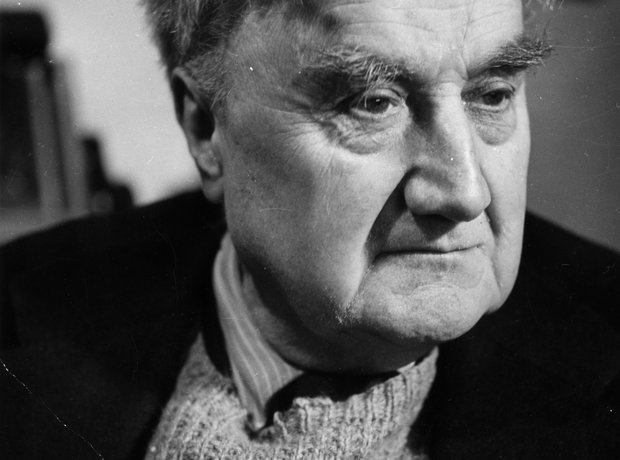
10. A renaissance in old age
The composer conducted the London Philharmonic Orchestra in the premiere of his Symphony No.5, dedicated to Sibelius, on 24 June 1943. It offered calming relief from the rigors of London life during the Second World War. As he was already 70, many considered the symphony to be his swan song but Vaughan Williams entered another period of experimental compositions.
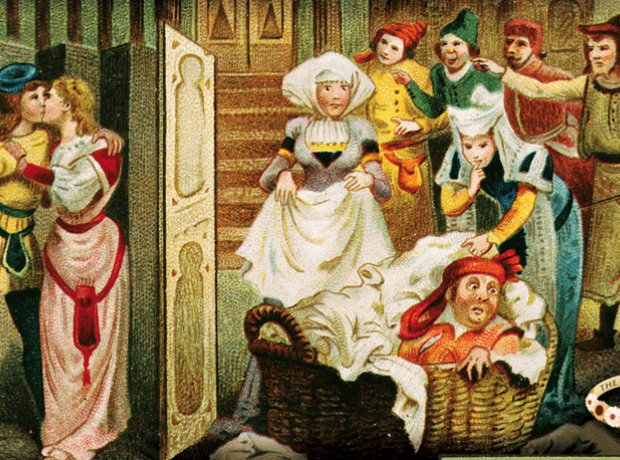
11. Fantasia on Greensleeves
The four-minute long Fantasia on Greensleeves appeared originally in Vaughan Williams's 1928 opera Sir John in Love. The piece also incorporates a folk song called ‘Lovely Joan’ which Vaughan Williams came across in Sussex.

12. Serenade to Music
Vaughan Williams' Serenade to Music for 16 vocal soloists and orchestra was composed in 1938. The text is adapted from a discussion about music and the music of the spheres in Act V of Shakespeare’s The Merchant of Venice, pictured.
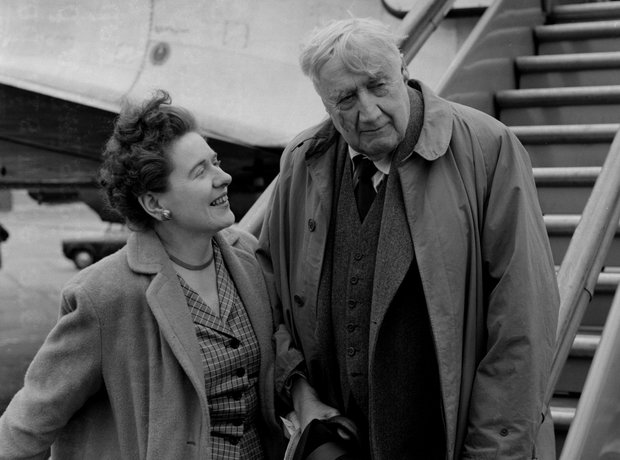
13. Ursula and Ralph Vaughan Williams
Vaughan Williams was married first to Adeline Fisher. After her death in 1951, he married poet Ursula Wood, pictured, who worked on the libretti for his choral work The Sons of Light as well as the opera The Pilgrim's Process and a Christmas cantata, Hodie.
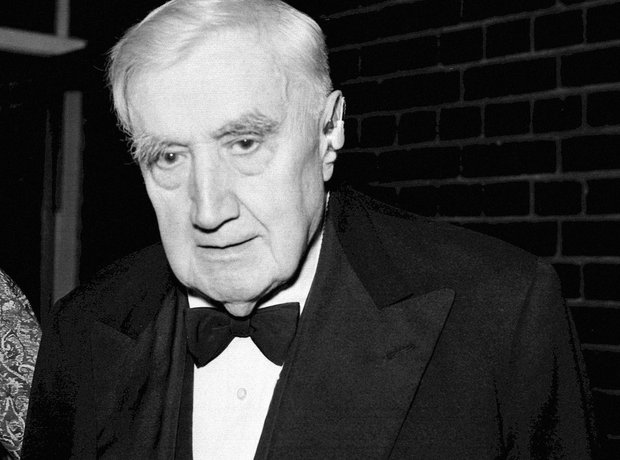
14. Final days
Vaughan Williams was still composing great music into his 80s. At the age of 85, he was set to supervise the first recording of his Ninth Symphony with Sir Adrian Boult conducting. But his death on 26 August 1958, the night before the recording sessions were to begin, prompted the conductor to announce to the musicians that their performance would be a memorial to the composer.
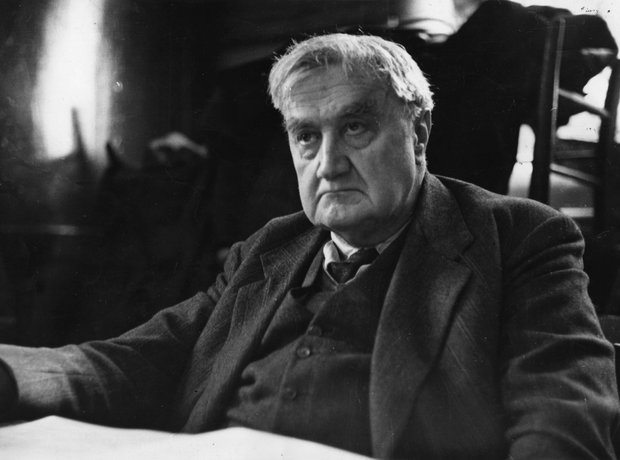
15. Ralph Vaughan Williams' popularity increases
Since Classic FM began broadcasting in 1992, the popularity of Vaughan Williams has grown steadily each year with The Lark Ascending often topping the annual Hall of Fame poll from 2007 onwards.

